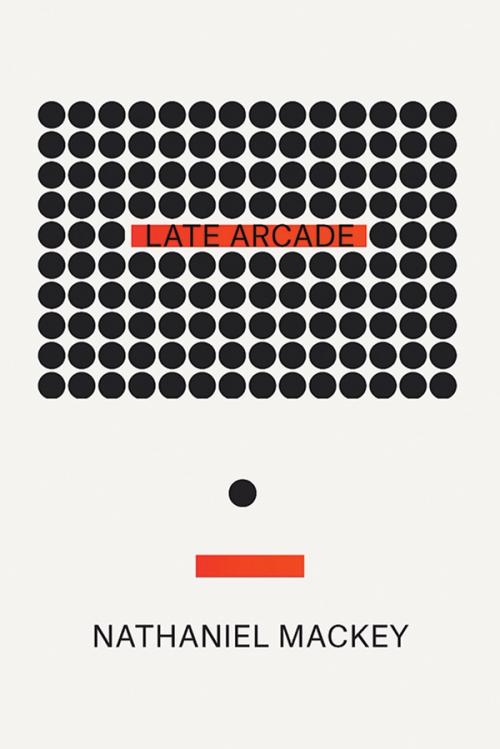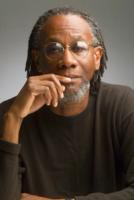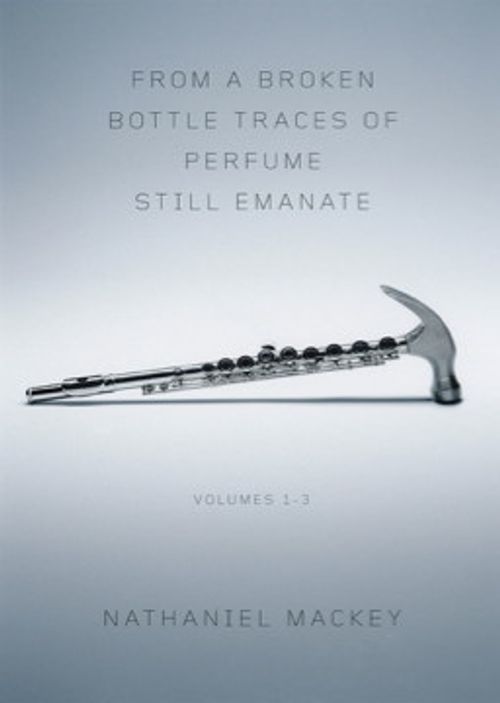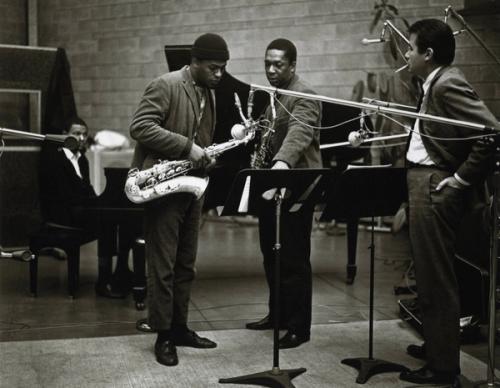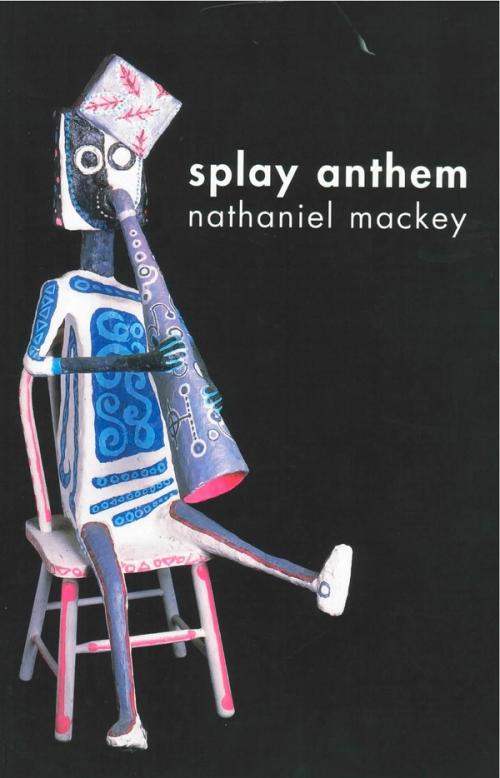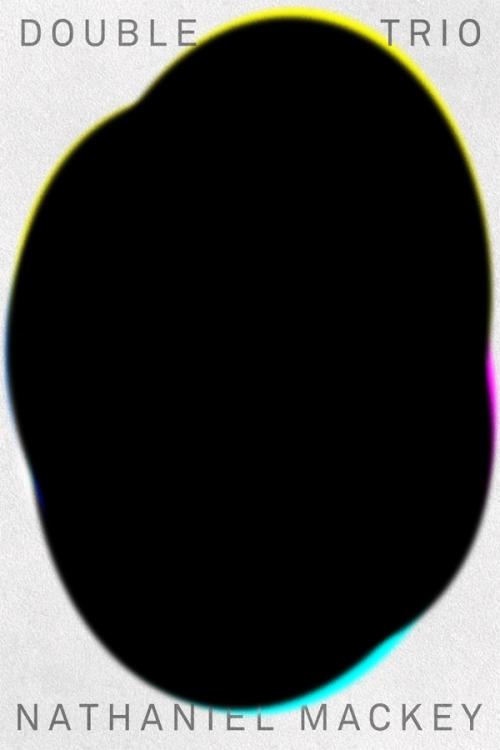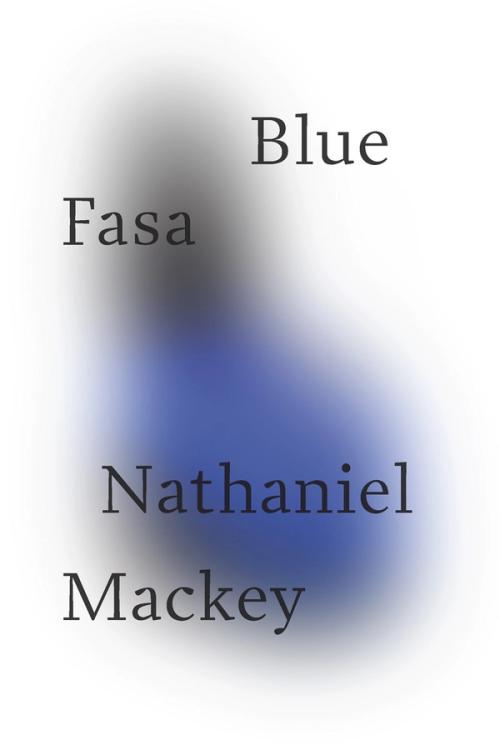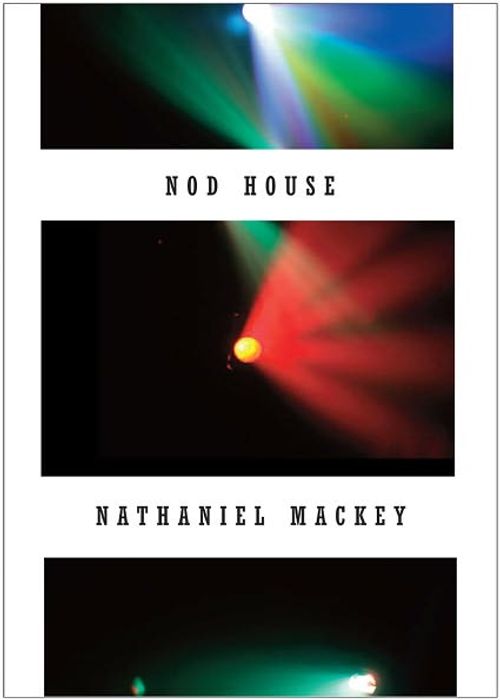Late Arcade
Fiction by Nathaniel Mackey
Nathaniel Mackey’s Late Arcade opens in Los Angeles. A musician known only as N. writes the first of a series of letters to the enigmatic Angel of Dust. N. is part of a jazz sextet Molimo m’Atet, which has just rehearsed a new tune composed by fellow band member Djmilaa. Horn players Lambert and Penguin read a chapter from The Egyptian Book of the Dead with lips clothespinned shut as N. on the trumpet, Djamilaa on synthesizer, Aunt Nancy on bass, and Drennette on bongos and conga mingle with strut and struff in a cosmic hymn to the sun god Ra.
N.’s epistolary narration follows the musical goings-on of the ensemble as they play gigs around Los Angeles, as well as in Santa Cruz and Detroit. N. suffers from what he calls “cowrie shell attacks” and is possessed by a figure named Dredj, who turns into a conduit for dreams. Balloons appear as the musicians perform. One balloon materializes in bed betwen Dredj and Djamilaa, bearing a message of a late arcade, a mall with its roof blown off and music in Dredj’s ear that keeps him wandering from booth to booth all night. The balloons follow Drennette home, and she and Penguin become bound by a deep secret. Is this what love’s late arcade has to offer? Will it last longer than captured breath?
Paperback(published Feb, 28 2017)
- ISBN
- 9780811226608
- Price US
- 16.95
- Price CN
- 22.95
- Trim Size
- 5 x 8
- Page Count
- 224
Ebook(published Feb, 28 2017)
- ISBN
- 9780811226615
